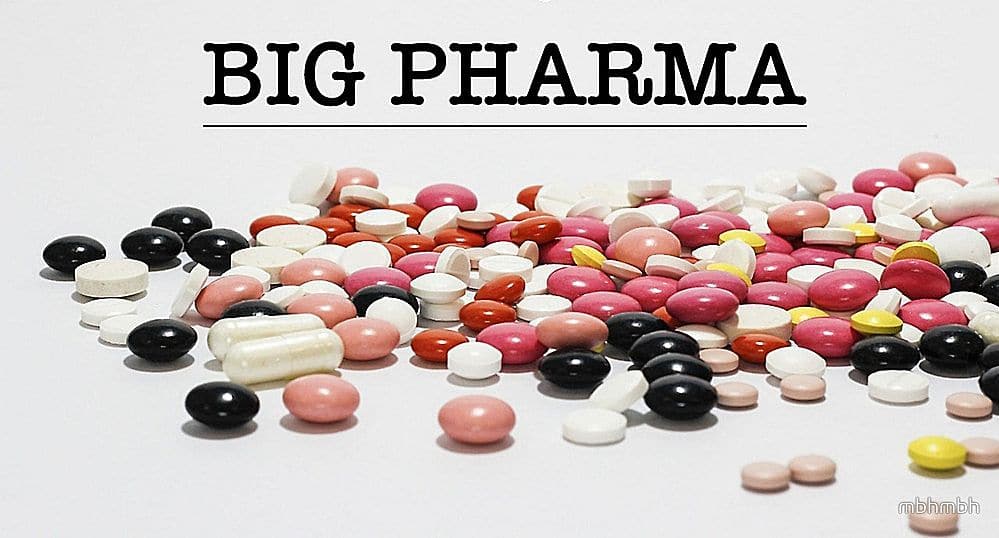
Boehringer Ingelheim and Novo Nordisk ranked first in terms of commitment, while Allergan, Teva, Takeda, Gilead and Astellas were all more or less equally level at the bottom end of the table. But it wasn't just the number of messages that counted for the final evaluation. Eli Lilly, for example, was the company that placed the most posts in the six months of the study, but the commitment was judged only slightly above average.
THE trends
Every week, however, pharmaceutical companies post an average of seven Facebook messages, 26 Tweets, a YouTube video and four Instagram posts. As regards the content of the messages, the research showed that 29% is on pathologies and awareness, 25% on company news, 19% on conferences and meetings, 13% on social responsibility, 8% on product updates and research on-going, 2% on general pharmaceutical industry news, and 3% on other topics. However, even in this case, the number of messages does not correspond to an actual commitment. "For example, the majority of posts about diseases do not correspond to an engagement with consumers," said the study's author, Rick Evans.
Corporate news has the highest engagement rate, followed by social responsibility messages. “It's hard to understand without looking at each company specifically, but it seems like companies either don't know their audience, and therefore aren't launching appropriate content, or aren't attracting the audience they want,” Evans said. According to Rebecca Canvin, director of social media at Ogilvy, the research findings highlight that it is up to pharmaceutical companies to ensure that their messages reach the right audience, and possibly turn to agencies to help them. "I think it's time to stop saying that pharmaceuticals is an overly regulated sector and rather start recognizing that companies are starting to use social media and that some are even doing it well," said the expert.
